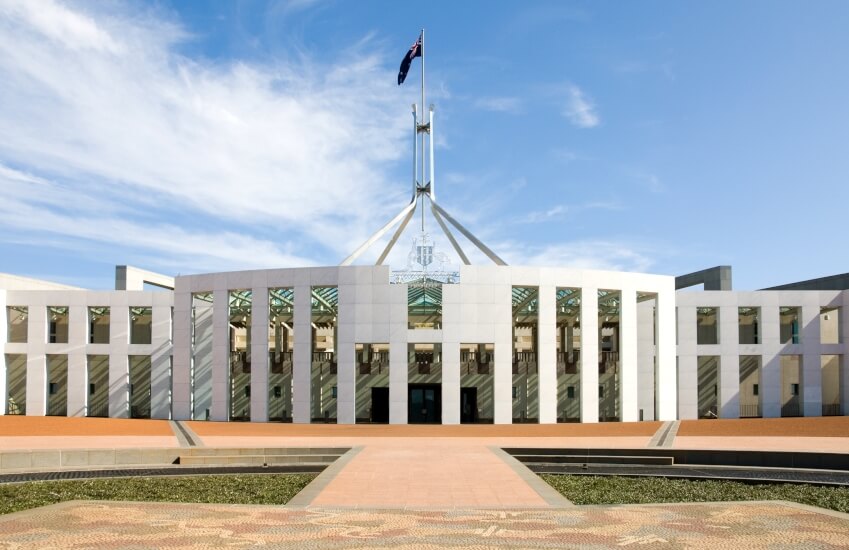Treasury Laws Amendment (2019 Measures No. 3) Bill 2019 has now passed both houses of parliament after an earlier deadlock over a tacked-on amendment introduced by Centre Alliance senator Rex Patrick.
The passage now amends the FBT Act’s definition of a taxi to “a motor vehicle used for taxi travel (other than a limousine)”, replacing the current definition of a taxi as “a motor vehicle licensed to operate as a taxi”.
You’re out of free articles for this month
The change has been long awaited by the tax profession because it brings it in line with the GST Act, where ride-sharing providers such as Uber have been required to be registered for GST on the basis that they were supplying taxi travel, but have not been able to qualify for the FBT taxi travel exemption.
Treasury proposed the change after recognising the influx of ride-sharing providers, like Uber, and noted the contentious and difficult nature of administering the current definition of a taxi in the FBT Act due to the different licensing laws between the states and territories.
The amendment will apply retrospectively to the 2019–20 fringe benefits tax year and later fringe benefits tax years.
Testamentary trust integrity measure
The bill also contains a measure to limit the concessional tax rates available to minors receiving income from testamentary trusts to income derived from assets that are transferred from the deceased estate or the proceeds of the disposal or investment of those assets.
“Previously, income received by minors from testamentary trusts is taxed at normal adult rates rather than the higher tax rates that generally apply to minors. The government was concerned that some taxpayers are inappropriately obtaining the benefit of this lower tax rate by injecting assets unrelated to the deceased estate into the testamentary trust,” Knowledge Shop tax director Michael Carruthers told Accountants Daily.
“While the rules already contain integrity provisions aimed at limiting the scope for inappropriately boosting the income-earning capacity of testamentary trusts, this measure clarifies that minors will be taxed at adult marginal tax rates only in respect of the income a testamentary trust generates from assets of the deceased estate (or the proceeds of the disposal or investment of these assets).”
The amendments apply to assets acquired by or transferred to the trustee of the testamentary trust estate on or after 1 July 2019.
FASEA transition extension
The passage of the bill will also mean that financial advisers will now be granted a one-year extension to complete the FASEA exam, and a further two-year extension to comply with new education and training standards.
As such, they will now be required to pass the exam by 1 January 2022 and obtain the approved degree or equivalent qualification by 1 January 2026.
Jotham Lian
AUTHOR
Jotham Lian is the editor of Accountants Daily, the leading source of breaking news, analysis and insight for Australian accounting professionals.
Before joining the team in 2017, Jotham wrote for a range of national mastheads including the Sydney Morning Herald, and Channel NewsAsia.
You can email Jotham at: This email address is being protected from spambots. You need JavaScript enabled to view it.

 Login
Login







